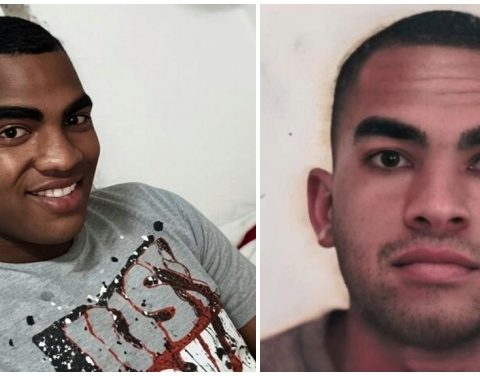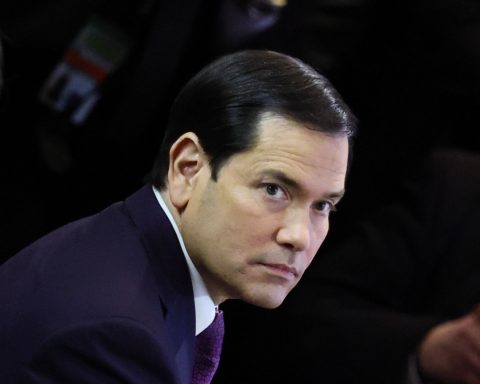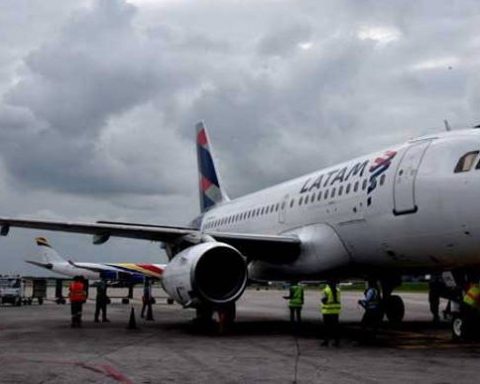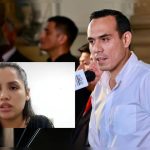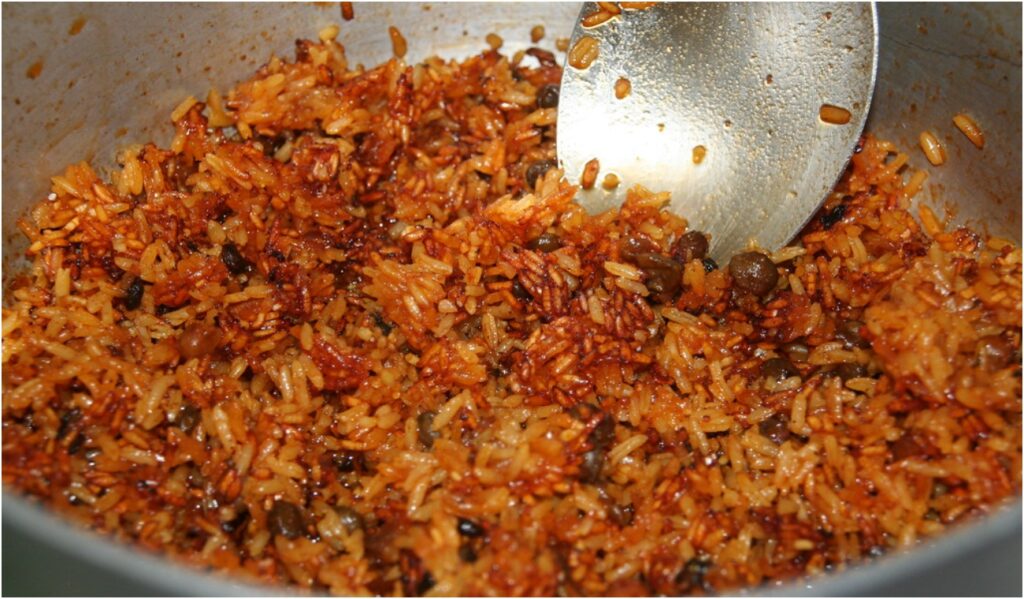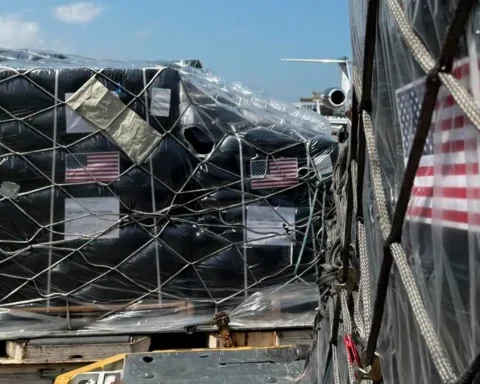Havana Cuba. — On March 26 we witnessed the penultimate chapter in the grotesque soap opera that is the current Cuban electoral process: voting for deputies. Only 48.95% of the total number of registered voters acted in the manner desired by the communists. In other words, less than half went to vote and they did so for all the candidates in their municipality or district. Despite this, the agitators of the regime speak of a great victory! And, of course, thanks to Cuba’s tricky electoral system, every one of the 470 candidates was elected.
Now, in less than a week, we will witness the final chapter of the soap opera, the new “National Assembly of People’s Power” will be installed and the central authorities will vote. As is obvious, among these (because of its notable specific weight in national politics), the most important process is the selection of the President and Vice President of the Republic.
Despite being part of the “supreme organ of state power”, the brand new deputies will also have the coyuela of the National Candidacy Commission, an apparatus made up of representatives of the “mass organizations”. In accordance with the current Electoral Law, it is the aforementioned Commission (and not a parliamentary body) that is responsible for proposing the names of those who should occupy the aforementioned two positions.
In doing so, its members are supposed to take into account the opinions expressed in private by the 470 legislators. But that remains to be seen; Such an approach would belong to the field of Deontology, of “ought to be”. From there to the fact that the bureaucrats of the “mass organizations” act in strict adherence to those principles, it goes a long way.
Nothing is said in Castroism’s agitation and propaganda organs regarding the two citizens who will be presented as candidates to occupy both positions. In the independent press there has been speculation about the possible nomination of ex-spy Gerardo Hernández Nordelo, former head of the “Red Avispa” and current head of the CDR (Committees for the Defense of the Revolution), for the presidency of the country.
Trying to approach the matter from the point of view of the current communist high leadership, I don’t see much logic in that change. Why replace Díaz-Canel if he has diligently fulfilled the tasks assigned to him, and has done it in the way that the same staff considers ideal! Why change the nominal head of the regime if, as long as the deep changes that the country needs are not undertaken, the fundamental mission of whoever occupies that position will only be to take on himself all the blame for the national disaster!
Another different thing is what can happen in the meeting of the Central Committee of the only party that must be held without fail before the constitutive session of a new legislature of the National Assembly. It is a reality that is not embodied in the Constitution or in the Electoral Law, but that constitutes an inescapable reality of the Cuban political system of these times.
I have stated repeatedly (and now I repeat it) that in regimes like our country, changes start at the top; not below. And no body more appropriate for it than the one that serves as the permanent supreme body of the only party allowed.
I believe that what should cause our surprise is not that, when the time comes, a majority group of the Central Committee decides to initiate the deep changes that the country needs and consequently renew the national leadership (assuming the new leaders, of course, the positions more important). What does seem amazing to me is that, in the midst of the general catastrophe that Cuba has been suffering for years, such a thing has not already happened. Perhaps in this delay the remarkable longevity of Army General Raúl Castro, whom entrenched supporters of change in the same Party are likely to prefer already off the stage before acting, has played a role.
But, regardless of what the Central Committee decides, what is clear is that the so-called “representatives of the people” (in this case, those at the national level) have in their hands the possibility of dealing a resounding blow to the regime of “continuity”. I refer to the intervention that those 470 deputies will have, in just a few days, in the approval of the new President of the Republic.
There are plenty of reasons for Mr. Díaz-Canel not to be re-elected. The data (taken from the official Cuban statistics!) that reflect its terrible management of the economy appear in a documented job by colleague Rafaela Cruz published this Thursday in Cuban newspaper. But it is that he, in addition, called for a civil war against citizens who did nothing but protest peacefully. How can we forget his fratricidal call: “The combat order has been given”?
Of course, I keep in mind that each of the Members has been carefully selected. All of them are committed to the marrow of the regime. Of those who must be elected in each municipality, “up to half” are simple councilors, but who have received the approval of State Security and all instances. The remaining deputies—the majority of the 470—are national-level bureaucrats. Is it reasonable to expect them to vote against the official candidacy?
The problem is that the Cuban disaster has reached such a level of deterioration that discontent is spreading among the very ranks of “revolutionaries”. For example, during the recent process of nominating candidates for deputies, there were two municipalities in the province of Camagüey in which the citizens proposed by the Candidacy Commission were rejected. The first time that this has happened in the almost half century that has passed since the “Institutionalization” of 1976!
If that opposition to the pro-government candidates had to be expressed publicly and if their rejection was reflected in a vote by show of hands, then why not expect that a significant number of the new deputies, when voting secretly, will do so in against the official candidacy!
OPINION ARTICLE
The opinions expressed in this article are the sole responsibility of the person who issues them and do not necessarily represent the opinion of CubaNet.



